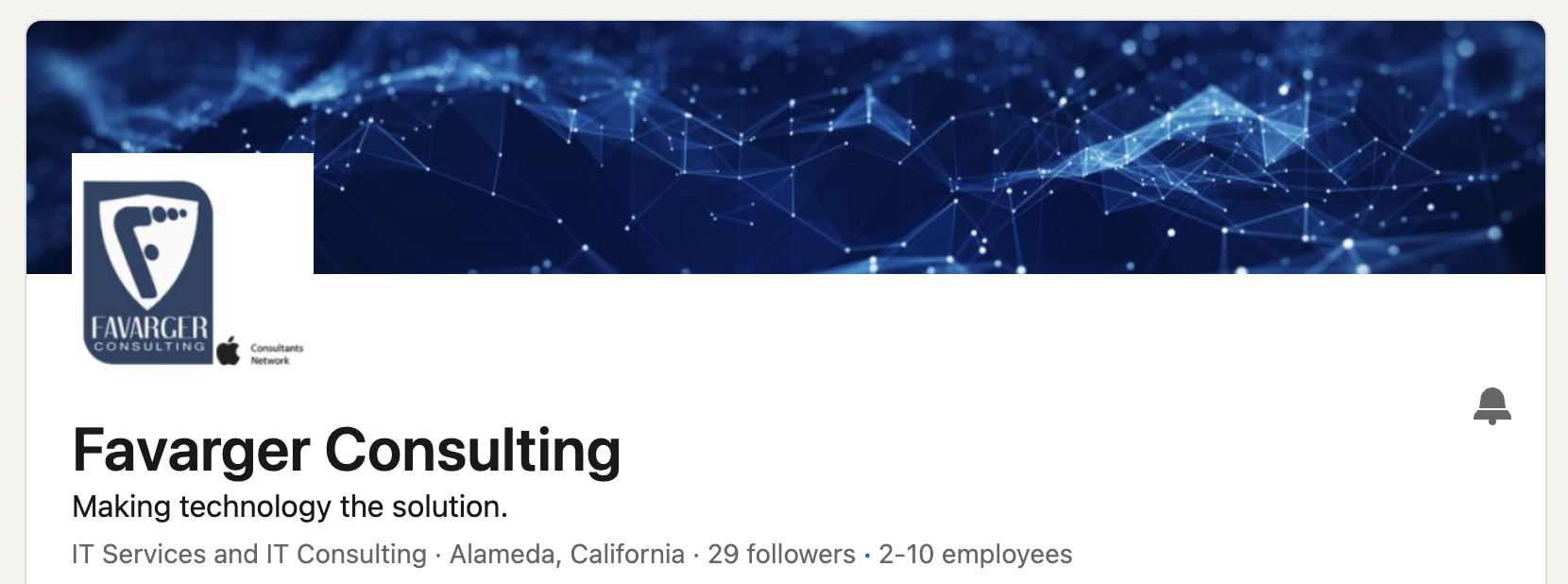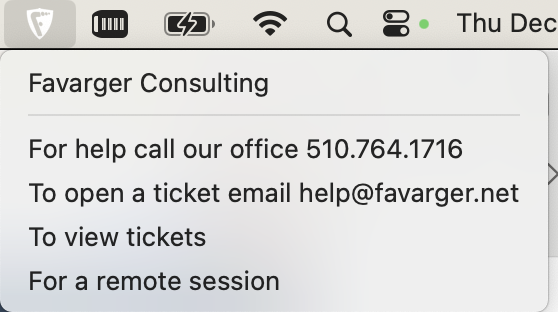
September 2024 Newsletter
Welcome MacOS Sequoia!
MacOS Sequoia will be officially released on September 16th. If you are running MacPractice, please do not upgrade to macOS Sequoia at this time. Some of the software your business relies on, including MacPractice, is not yet compatible with the newest operating system. If you accidentally upgrade to a new operating system, you may not be able to use MacPractice on that computer anymore.
To ensure a smooth transition, reach out to us before updating your operating system. We’ll make sure all your most essential software is compatible with your new OS so you can minimize downtime and get you back to work as soon as possible. If you’re having issues with MacPractice or any other software after updating your operating system, please let us know and we’ll work with you to resolve the issue as soon as possible.
Password Security Advice
One of the biggest cyber security threats is weak passwords. Passwords can be weak because they are expected (password, 123456, qwerty, etc.) or reused. When a website has a security breach, the hackers will attempt to use hacked email and password combinations found on one website for other websites. Attempting to use stolen credentials on ‘high-value’ websites (email, banking, credit cards, PayPal, etc.) is their priority. Therefore, it’s imperative that, at the very least, you have entirely different passwords for your most important accounts (email, banking, credit cards, PayPal, etc.). A password manager like 1Password can help. Or you can use the built-in password management of Safari (Keychain), Chrome, etc. In addition, you need to set up 2FA/MFA (two-factor or multi-factor authentication), whereby you are sent a code to log in to these websites from new devices. Hacking is on the rise in 2024, with security breaches happening daily. By taking some simple precautions, you can significantly minimize your risk. Please give us a call or reply to this email if you would like help with password management.
Wifi and Working From Home
The speed of your internet is mostly determined by your home internet package and router, but to get the most out of what you paid for, here are three quick tips:
WiFi has limited bandwidth. Check if other members of your household are using a lot of bandwidth and talk to them about it. If you have an unlimited data plan for cell phones, using data instead of WiFi on phones can help.
Work close to the router. The closer you are to the router, the faster your internet will be.
Visit fast.com to check your actual internet speed. The slowest speed that an average house should have is about 50Mbps. A speed above 100Mbps is recommended, but the actual performance of the internet in your home is subject to numerous variables.
Call us if you are having problems with slowness or disconnection.
We’re Never Too Busy to Talk to You
We know every piece of data, every program, and every tool you use is vital to your success. When those tools break down, you need someone in your corner who’s ready to help you with problems big and small—that’s where Favarger Consulting comes in. The next time you have a problem with the technology your company relies on, don’t hesitate to give us a call. We’re never too busy to talk to you.
Connect With Us On LinkedIn
Follow Favarger Consulting’s LinkedIn page for even more tech tips, tricks, and industry updates.
Ways To Contact Us.
Need to get in touch with us? Click the F icon in your computer's upper right menu bar and you never need to go looking for our phone number again.







